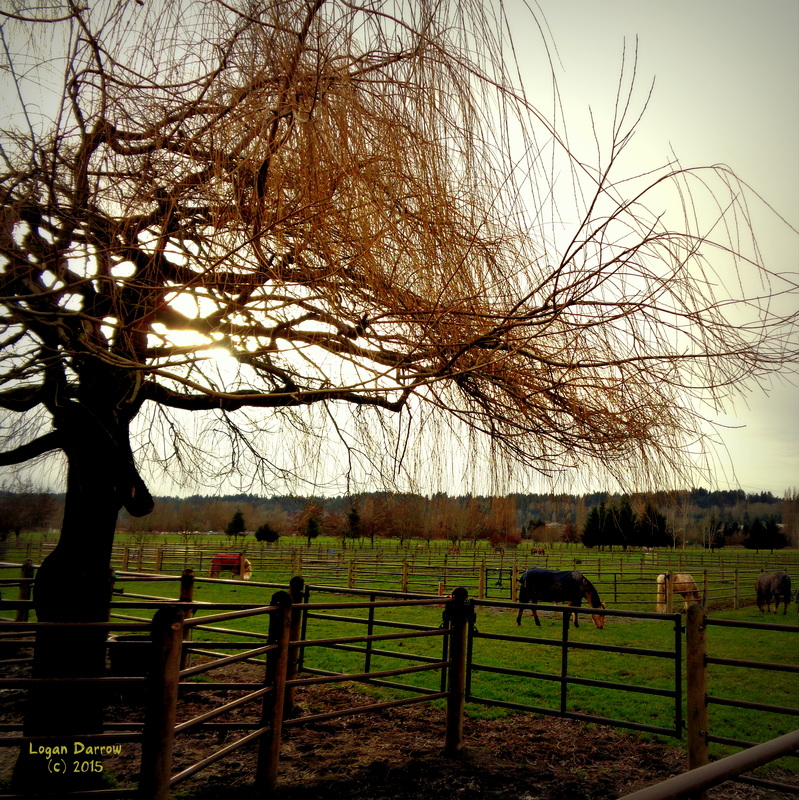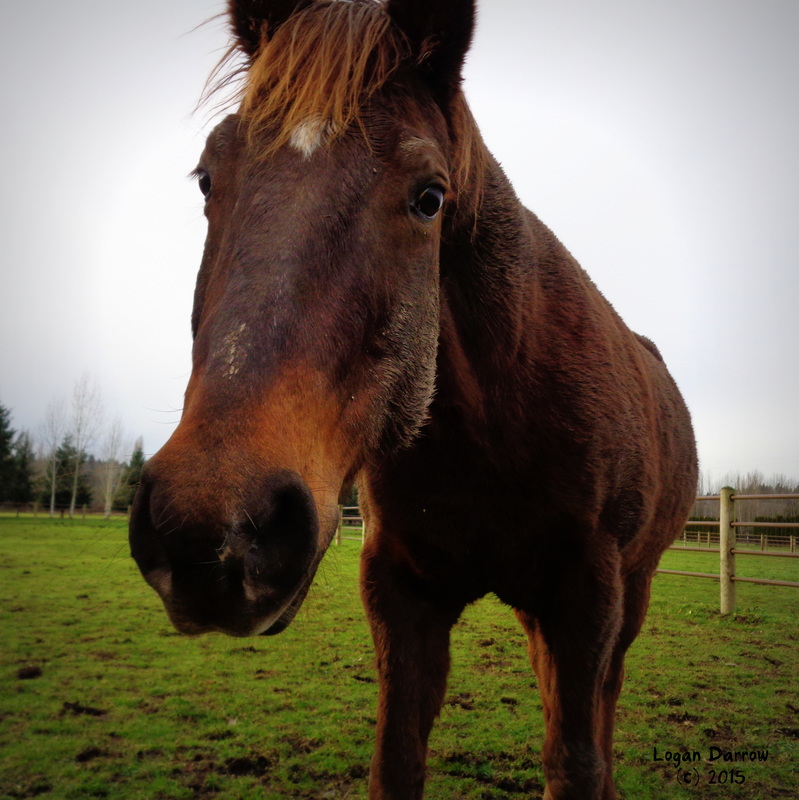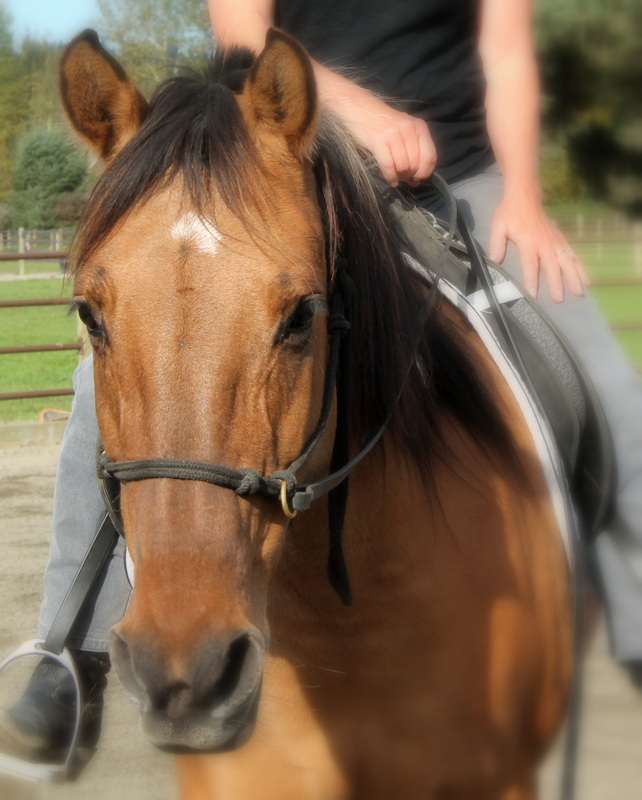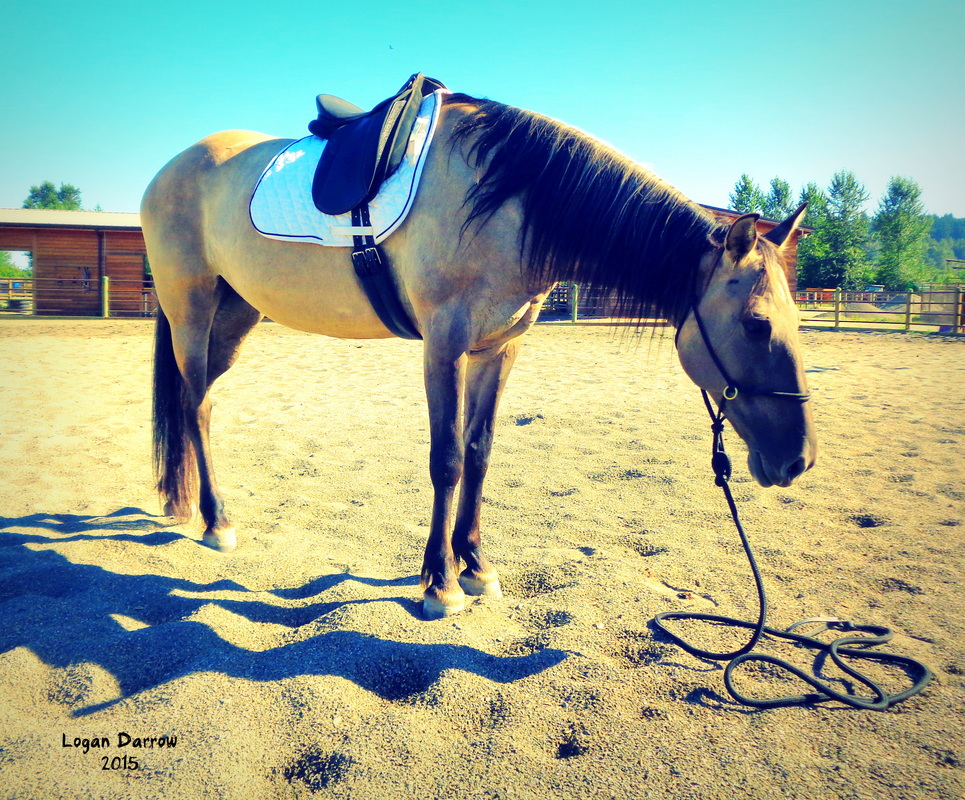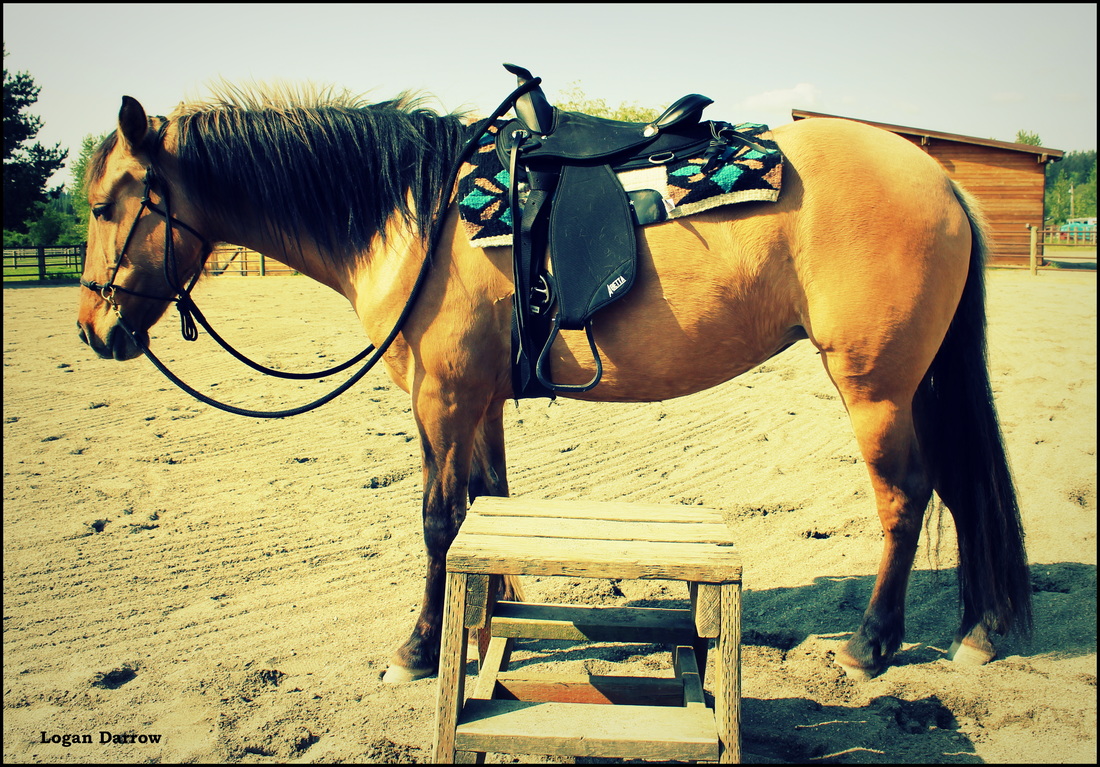. . . . from my notes at a Warwick Schiller clinic.In the round pen during groundwork, or in the saddle in the arena, if the horse moves out without waiting to be asked, that is anticipation that is undesirable and can even be dangerous. When the rider has one foot in the stirrup and is only halfway on is NOT when the horse should decide it’s OK to start walking off. (Yes, this is acceptable for many people, but not for me. If a horse can’t control himself at the standstill, why would I expect him to control himself at the walk, trot or canter?) But there are other times when we want our horse to anticipate. If he canters at the sound of a kiss, it is because he learned through anticipation that a backup application of leg or whip will result if he doesn’t pick up the canter. At his 2016 clinic in Mesa, Arizona, Warwick Schiller explained the difference between the two forms of anticipation, and how to prevent the “bad” one and create the “good” one. This was a concept totally new to me, and as usual with everything that Warwick teaches, it's based on common sense and keen observation of equine behavior. My notes on this are only a couple of sentences long, so I have tried to expand a bit to encompass what I learned while watching and listening in person. Like so many things in horse training ~ it's all in the timing. If you put things in order without a pause, you will CREATE anticipation: Point+step+flag=yield becomes point=yield Point+kiss+flag=canter becomes kiss=canter If you separate things with pauses, you will PREVENT anticipation: Stand in front of horse (pause) step to horse’s side (pause) disengage OR desensitize OR do nothing . . . The horse starting to automatically disengage when you step to his side isn’t what we want. Standing beside him should mean nothing. It is easy for us to inadvertently create anticipation of the wrong kind because horses are so damn good at reading our body language. A common mistake that I made was to tip my head as a cue for disengage WHILE walking towards the loin, so the horse disengaged before I reached her side. What’s wrong with that? Ask anyone whose horse does a lovely disengage when approached by someone who wants to pick up a hind foot. So, if our horses are doing something that we haven't asked them to do - we need to check carefully - "what happened before what happened, happened." If we fuss with our reins then immediately put our leg on to ask the horse to move off, before long the horse will think fussing with the reins means to move off. We need to be mindful with our actions if we don't want our horses to get ahead of us, because that's when we are apt to suddenly find ourselves sitting on the ground. Standing next to the horse should "mean nothing." But note that ear, ready to respond to whatever is asked.
3 Comments
Crystal
3/3/2016 10:31:41 am
This was such an "ah-ha" moment for me, as I realized I was doing the same thing. The whole section on anticipation was excellent as well! Thank you for putting this out there.
Reply
Julie
3/10/2016 11:12:56 am
Awesome post! I had always been taught anticipation is bad but I like Warwick's breakdown of different kinds. He's so detailed and you explain it really well!
Reply
Logan
3/11/2016 12:51:09 pm
This was the first time I have heard it explained like this - I love learning new things about horses.
Reply
Your comment will be posted after it is approved.
Leave a Reply. |
Your email address will be kept private.
Email me directly at
[email protected] 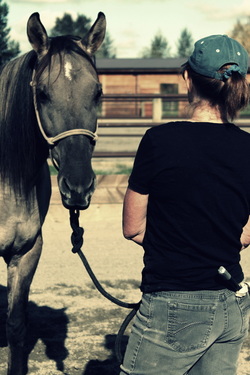
Archives
September 2018
Categories
All
|
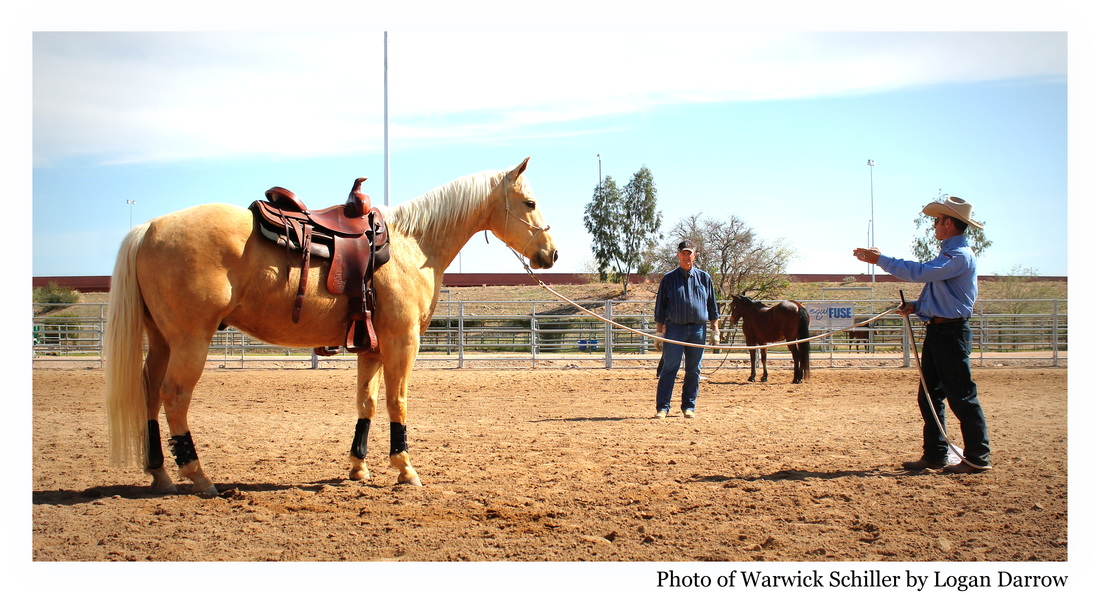
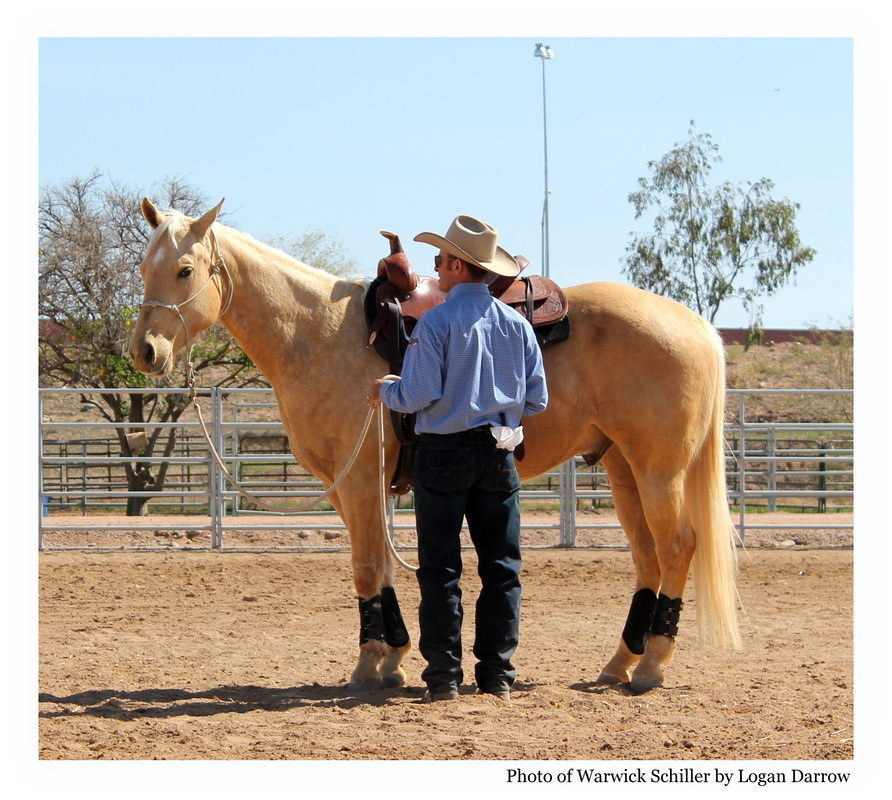
 RSS Feed
RSS Feed
